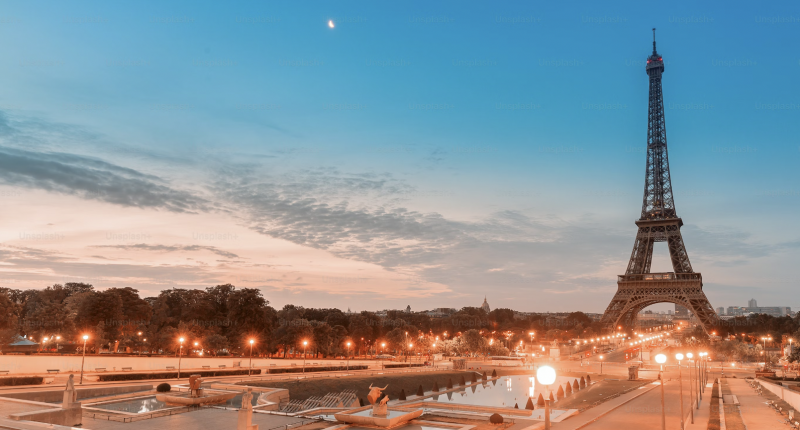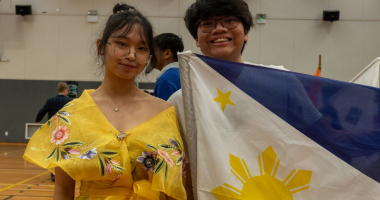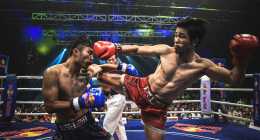Originating from Ancient Greece around 3000 years ago, the Olympic Games have survived the test of time to become the most celebrated sporting event in the world. The competition was initially held as a religious festival for the Greek God Zeus alongside ritual sacrifice and lasted five or six months. Both gods and heroes are said to have competed in the first Games, with Zeus wrestling Kronos for the throne and Apollo outrunning Hermes as well as boxing Ares. Other sports included jumping, discus, javelin, wrestling, and chariot racing, in which there was always the potential threat of death. Besides the rule that only men were allowed to compete, there were other requirements as well. All athletes had to be amateurs and competing nude was an important aspect as it erased social markers and promoted easy movement. Victors received a crown of olive leaves (kotinos) and were treated like celebrities by their home cities, enjoying statues, portraits, and free meals for life.
French Baron Pierre de Coubertin decided to revive the idea of the Ancient Games in 1894, with the first modern Olympics held in Athens in 1896. He created the 5 Olympic rings to represent the five inhabited continents – Africa, America, Asia, Europe, and Oceania – and chose the six colours as every nations’ flag contained at least one of blue, yellow, black, green, red, or white. The metals of the three medals were then made to represent the increasing evolution of the Ages of Man in Greek mythology – Bronze, Silver, then Gold.
In addition, old-fashioned Greek traditions continue to be prominent in the Games we know today, especially with the lighting of the Olympic torch. In the temple of Hera, actresses wearing costumes of Greek priestesses use a parabolic mirror and the sun rays to kindle the torch. Only then does it start its relay to the host city. The Olympic flame symbolises the light of spirit, knowledge, friendship, and life, and by passing the torch from one person to another it shows the handing down of these values from generation to generation.
Athletic achievement for the Ancient Greeks was the highest form of kalokagathia – harmony of body and mind shown in physical beauty and virtuous behaviour. It is these values that have inspired the Games today, with the courage, perseverance, and respect behind athletic excellence becoming more important than pure athletic excellence itself. The International Olympic Committee (IOC) upholds this with their goal to “unite the world in peaceful competition and foster an atmosphere of development, unity, and understanding.” However, the enduring spirit of competition is not to be forgotten as the Olympic motto “Citius, Alitus, Fortius”, meaning “Faster, Higher, Stronger”, is a reminder that we should always be ambitious.
That leads us to this year’s Olympics in Paris, which saw new changes. The welcoming ceremony was along the River Seine, and the Olympic Village is eco-friendly, with the cardboard beds that were introduced in 2020 and no air conditioning. More than 10,000 athletes are competing in the 32 sports, and it is likely that 10 billion Euros (18 billion NZD) will be spent by the end of the Games to make the event possible. New Zealand currently sits at 12th on the medals table, one place above our highest ever ranking (13th) achieved at the 2020 Tokyo Olympics with 20 medals. To keep up with how we’re doing, watch the Olympics live on Sky Sport. In just two days, the new victors will be crowned!
More Fun Facts:
– From 1912 to 1949, artists also participated in the Olympics, with painters,
sculptors, architects, writers, and musicians competing for medals.
– The Olympic torch is usually carried by runners but it has travelled by boat,
airplane, horseback (as well as camel-back!), canoe, through radio signals,
and even underwater with a dolphin hand-in-hand with the torch bearer.
10th August, 2024
Written by Ally Chu, edited by Hope Zhang
Image by Unsplash







